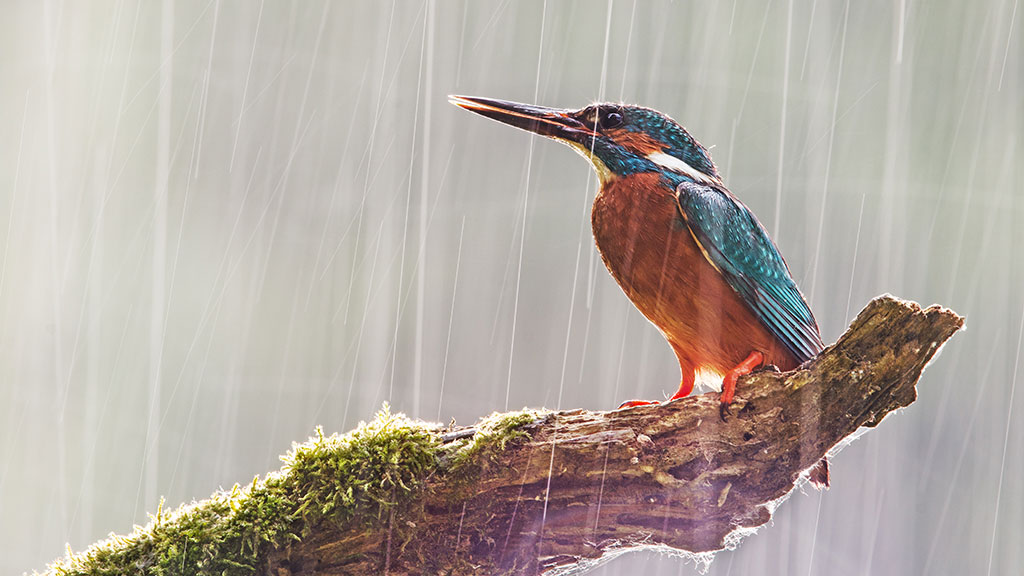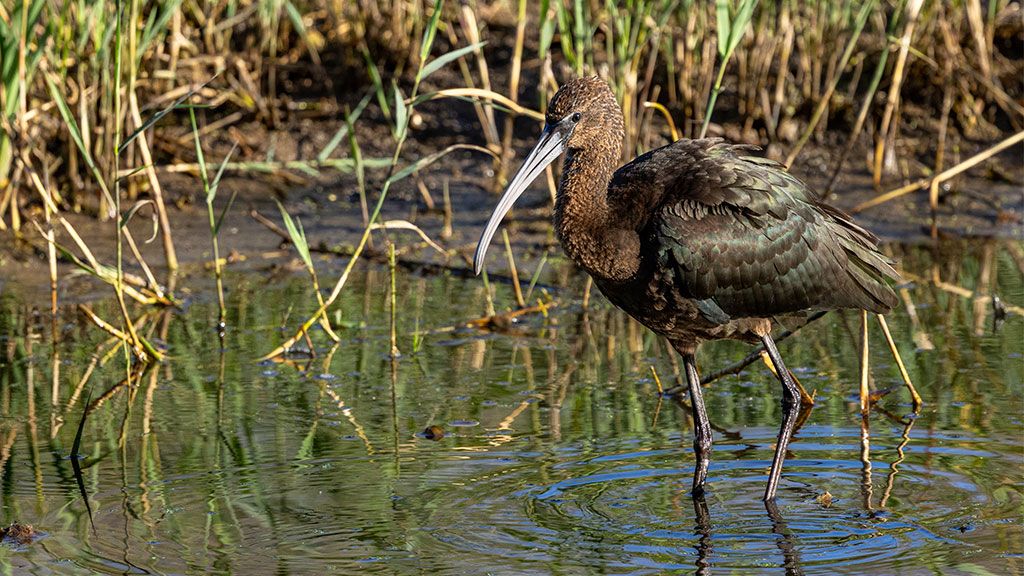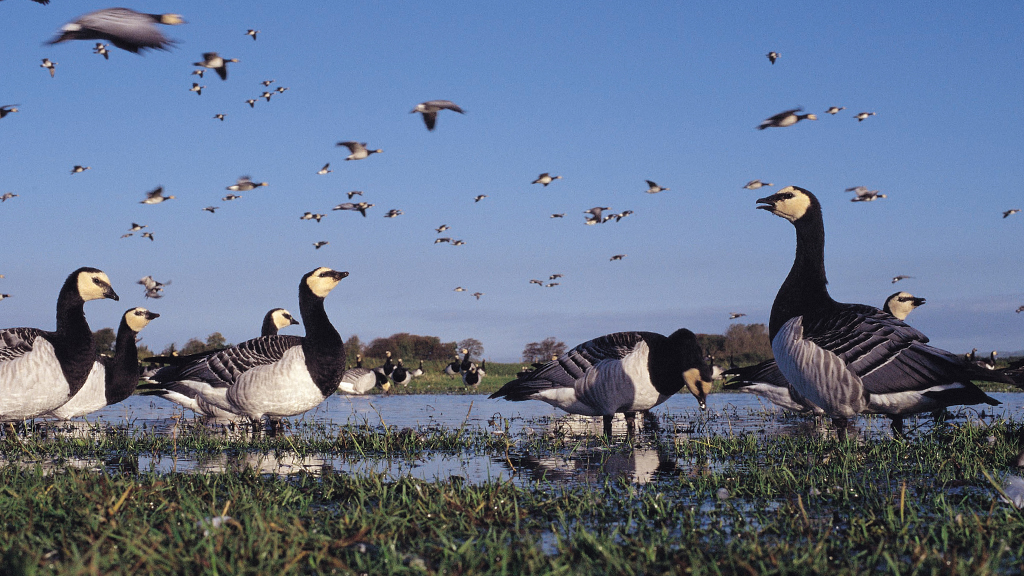Cambodia: the kingdom of wetlands
Cambodia is one of the most wetland dependant countries in the world. More than 46% of its people live and work in wetlands and 80% of the population rely on them for food. Yet protecting wetlands in Cambodia is a complex and challenging issue.
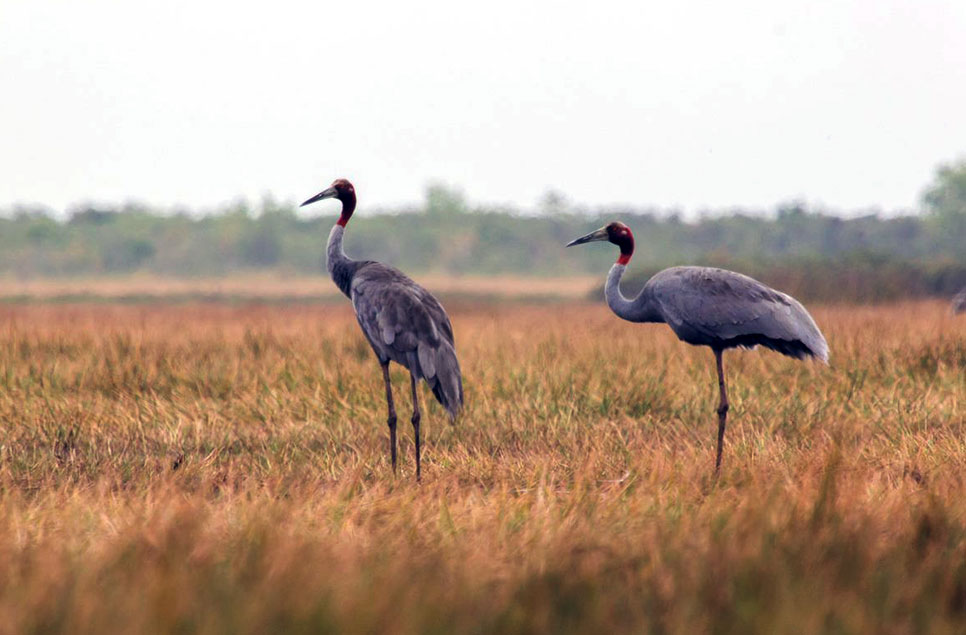
Cambodia is one of the most wetland dependant countries in the world. More than 46% of its people live and work on these vital resources and 80% of the population rely on them for food.
Yet over the past 15 years half of Cambodia’s wetlands have been lost, depriving local communities and devastating wildlife. WWT is working with local partners to preserve two of the last remaining wetland areas in the Cambodian lower Mekong Delta.
Saber Masoomi is coordinating WWT’s work in Cambodia and we caught up with him on a recent trip to the UK to find out more.
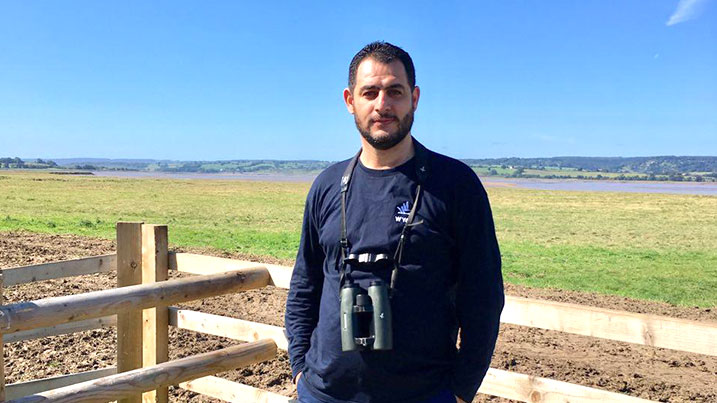
I live in Phnom Penh but spend most of my time out in the field working with communities. We’re currently working across two sites in Cambodia, Anlung Pring and Boeung Prek Lapouv. Both face devastation from unsustainable farming practices, over use of natural resources and pollution. The aim is to support local people to live in a more productive and environmentally sustainable way. We do this with education about their environment but also by creating opportunities to improve community fisheries and rice farming practices. We also run a successful eco-tourism project in Anlung Pring which creates employment opportunities and income – providing real benefits from protecting healthy wetlands.
Cambodia is rich in nature, it’s known as the kingdom of wonders. I call it the kingdom of wetlands, 30% of the country is wetland but unless we start looking after them they’ll be lost. Wildlife is being lost too, several declining species rely on these wetlands for survival including the magnificent sarus crane of which 58% have been lost since 2015.
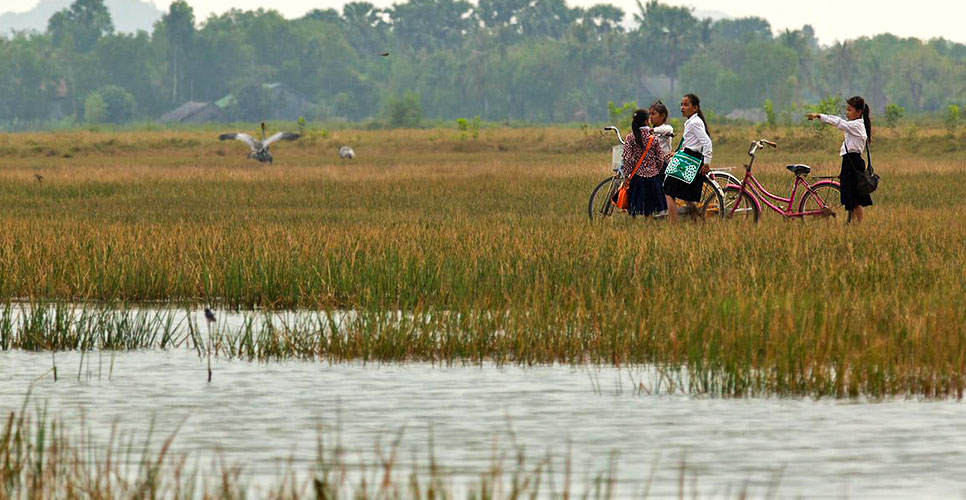
Supporting local communities to be sustainable
I really enjoy the work I do with the communities, it’s one of the best parts of my job. It’s exciting seeing the next generation emerging, they’re proud of their country and are keen to learn. It gives me hope for the future of the country and its wetlands.
Involvement with the local communities is very important to the success and sustainability of our project. Culturally there is a very strong connection with nature but also a very strong sense that this is their resource so they can use it. We need to remind people that we don’t have the wealth of biodiversity that we once had and if they’re not careful to protect their resources all of them will be gone.
Local people really support what we’re doing there, they can see the benefits and I often get the sense of appreciation from people for the conservation work we do to help the country. There are of course socio economic issues that create barriers to change and we have to be sensitive to that.
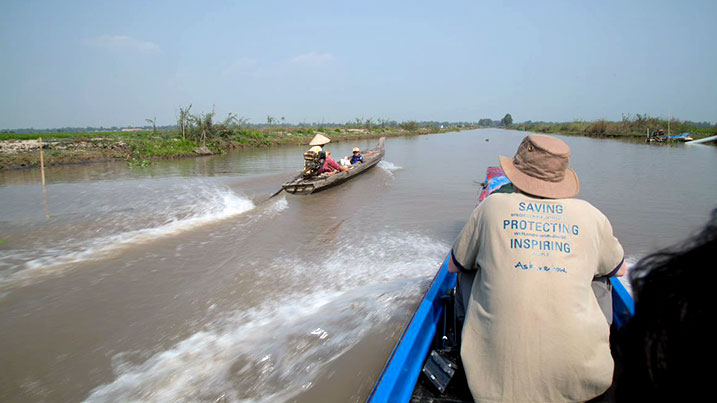
Developing new ways of doing things
The grasslands of the Cambodian lower Mekong Delta are flooded for six months of the year. Farmers need to grow as much rice as possible in the remaining six months as it is their main source of income. To do this they overuse chemicals which pollutes the water, killing the fish (a vital part of the local diet) and causes health problems for those who are reliant on wetland resources. We’re working with local farmers to help them use less agricultural chemicals while securing their livelihood.
Our eco-tourism project in Anlung Pring has been very successful in bringing local people together and introducing an alternative way to make a living in the area. With our eco-tourism initiative, the local communities are developing new sources of income. They provide eco-tour services, they open their houses as homestays and they also sell products to visitors. The communities also learn how important their wetland is to visitors from other countries. At the moment our eco-tours run between January and July when the cranes are around and we have hundreds of visitors. The richness of the wildlife in the area means we could easily develop things further.
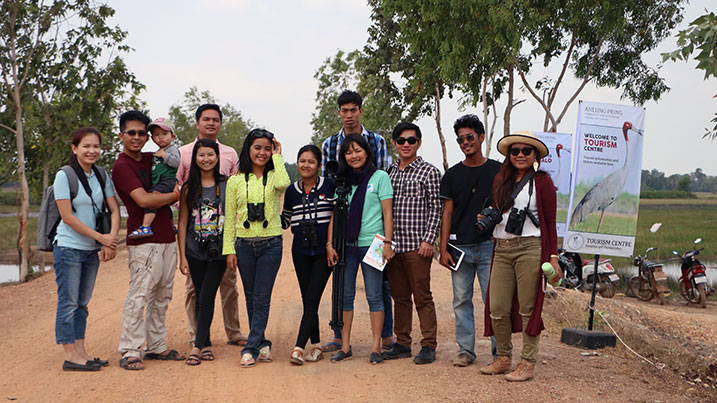
We have an education scheme at the site too and are in the process of developing a program for groups of high school children. We’ll work with them in a year-long programme – it won’t just be teaching them about their environment and how to manage it but will focus on team management, communication and facilitation skills. We hope they’ll be the ones to take over the work when they grow up and help the communities continue to develop in the future.
Hope for the future
It’s an exciting time in Cambodia, things are moving fast politically and economically and there’s a real feeling that the next generation are ready for change and keen to learn. The government is also keen to bring in new skills and gain knowledge. So there’s an opportunity for us to get involved at a national level to improve wetland management. We have been developing a proposal for establishing Cambodia’s National Ramsar Committee which will help develop wetland policies. We hope this will form the basis for more organised wetland management nationally.
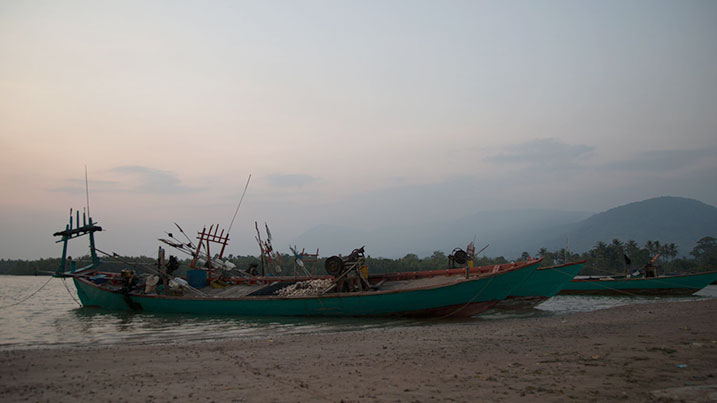
A big part of my job is to manage WWT’s partnerships with other NGOs, we work closely with Birdlife International in Cambodia and also two national NGOs. The Cambodian Rural Development team works to improve the livelihoods of local communities. Whilst NatureLife Cambodia delivers education to local farmers and communities. Generally in Cambodia there is little coordination amongst NGOs, but we are showcasing strong partnerships and our collaborations with the government and the communities lay the platform for successful conservation and development projects. We want to share these experiences. I am hopeful that it is not too late for Cambodia’s wetlands.
Find out more about wetland conservation in Cambodia
Do you work for an organisation looking to help with conservation projects? For more detail on how to get involved please contact Sacha Clements-Barnes at sacha.clements@wwt.org.uk or call 01453 891911 ex 411
